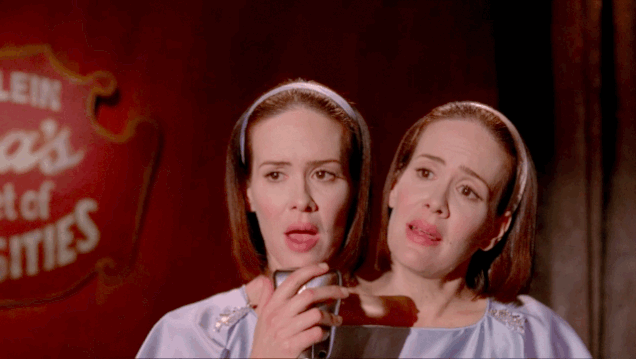![By Marc Gallant (Flickr) [CC-BY-2.0 (http://creativecommons.org/licenses/by/2.0)], via Wikimedia Commons By Marc Gallant (Flickr) [CC-BY-2.0 (http://creativecommons.org/licenses/by/2.0)], via Wikimedia Commons](http://crypticphilosopher.com/wp-content/uploads/2014/04/800px-Redskins_vs_Giants_line_of_scrimmage_throwbacks-300x225.jpg) I’m Not Your Disappearing Indian, Jacqueline Keeler, Indian Country Today Media Network, April 3, 2014 (via Jezebel)
I’m Not Your Disappearing Indian, Jacqueline Keeler, Indian Country Today Media Network, April 3, 2014 (via Jezebel)
No, it wasn’t Stephen Colbert who forgot about us, nor was it “Stephen Colbert,” a character played by comedian Stephen Colbert, to satirize the extreme insensitivity of Republican conservatism. His show,The Colbert Reportdid a whole skit skewering Dan Snyder, billionaire owner of the Washington Redsk*ns, and Snyder’s new Original Americans Foundation (OAF), exposing it — through satire — as a blatant attempt to use charity to provide cover for his NFL team’s racist name. It was the hashtaggers, PoC (People of Color) and progressives, our own allies on Twitter who trended the hashtag #CancelColbert in response to the fictional foundation’s name featured in the skit. And yet, Dan Snyder’s real foundation promoting an ethnic slur against us, a foundation thatactually exists, failed to garner even a tiny fraction of outrage by the same group. In fact, in her Time Magazine article that followed the enormous success of #CancelColbert, hashtag originator Suey Park failed to mention Snyder’s foundation at all. She certainly did not mention the Native hashtag protesting it #Not4Sale, despite it being covered by Mike Wise at the Washington Post and Al Jazeera America’s The Stream just days before. Only one reporter, Jeff Yang of the Wall Street Journal included any mention of Native responses to it.
Mega-Donors Are Now More Important Than Most Politicians, Peter Beinart, The Atlantic, April 4, 2014
The astonishing concentration of wealth among America’s super-rich, combined with a Supreme Court determined to tear down the barriers between their millions and our elections, is once again shifting the balance of power between politicians and donors. You could see it during last weekend’s “Sheldon primary,” when four major presidential contenders flocked to Las Vegas to court one man. When Chris Christie, not known for backing down from a fight, used a phrase (“occupied territories”) that Adelson disliked, he quickly apologized. And with good reason. Adelson, who probably spent north of $100 million in the 2012 election, can single-handedly sustain a presidential candidacy, or wreck one. He’s certainly wields more influence over American politics than most members of the United States Senate.
It’s time the press starts behaving accordingly. The media, for the most part, still treats elected officials as the key players in our political process. They get most of the scrutiny. Mega-donors, by contrast, are permitted a substantial degree of anonymity. Now that must change. If Adelson or the Koch brothers or their liberal equivalents can single-handedly shape presidential campaigns and congressional majorities, their pet concerns and ideological quirks deserve more journalistic attention than do those of most members of congress. It’s no longer enough to have one reporter covering the “money and politics” beat. Special correspondents should be assigned to cover key mega-donors, and should work doggedly to make their private influence public.
Photo credit: By Marc Gallant (Flickr) [CC-BY-2.0], via Wikimedia Commons.



![By Marc Gallant (Flickr) [CC-BY-2.0 (http://creativecommons.org/licenses/by/2.0)], via Wikimedia Commons By Marc Gallant (Flickr) [CC-BY-2.0 (http://creativecommons.org/licenses/by/2.0)], via Wikimedia Commons](http://crypticphilosopher.com/wp-content/uploads/2014/04/800px-Redskins_vs_Giants_line_of_scrimmage_throwbacks-300x225.jpg)